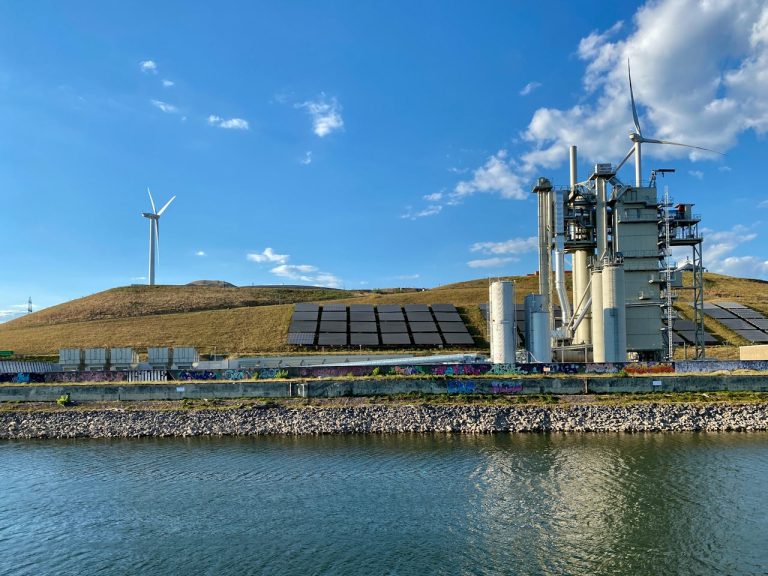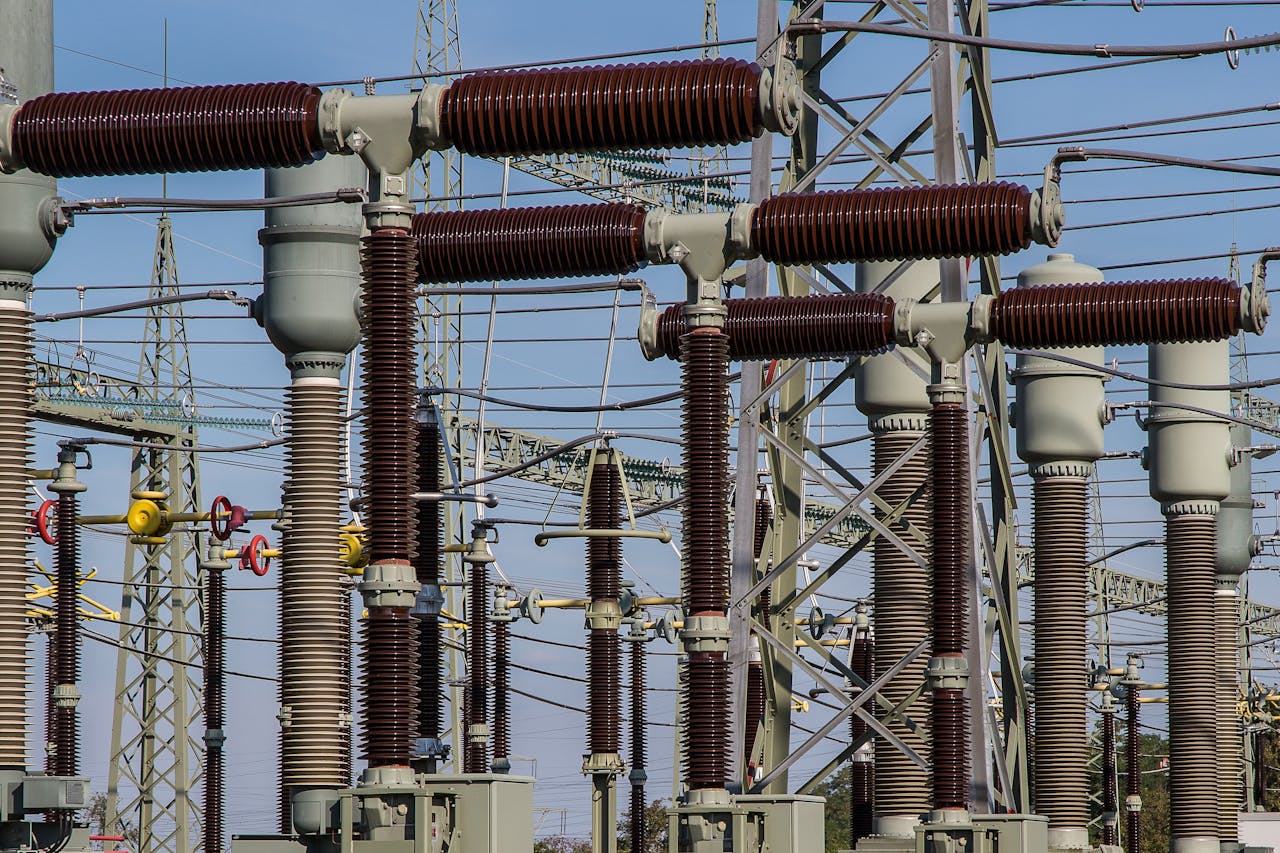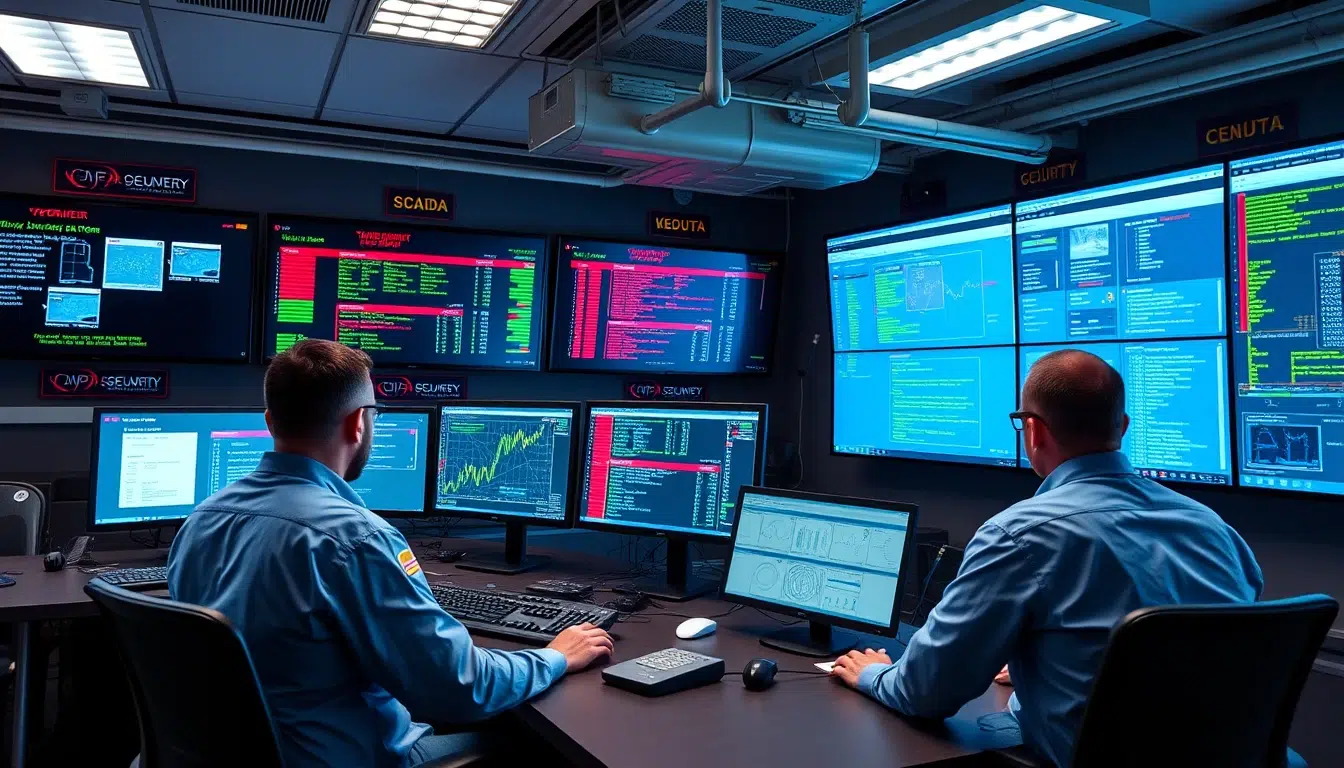Distributed Electricity Generation and Transmission

| Date | Format | Duration | Fees (USD) | Register |
|---|---|---|---|---|
| 14 Dec - 18 Dec, 2025 | Live Online | 5 Days | $3785 | Register → |
| 04 Jan - 08 Jan, 2026 | Live Online | 5 Days | $3785 | Register → |
| 04 May - 22 May, 2026 | Live Online | 15 Days | $11515 | Register → |
| 24 Aug - 28 Aug, 2026 | Live Online | 5 Days | $3785 | Register → |
| 16 Nov - 27 Nov, 2026 | Live Online | 10 Days | $7735 | Register → |
| Date | Venue | Duration | Fees (USD) | Register |
|---|---|---|---|---|
| 15 Dec - 26 Dec, 2025 | Dubai | 10 Days | $11085 | Register → |
| 02 Feb - 06 Feb, 2026 | Nairobi | 5 Days | $5775 | Register → |
| 03 May - 14 May, 2026 | Riyadh | 10 Days | $11085 | Register → |
| 03 Aug - 07 Aug, 2026 | Dubai | 5 Days | $5775 | Register → |
| 23 Nov - 27 Nov, 2026 | Singapore | 5 Days | $6835 | Register → |
Did you know that grid operators worldwide are expected to integrate more than 5,000 gigawatts of new renewable energy capacity by 2030, requiring significant transformation of transmission and distribution networks to accommodate decentralized power generation?
Course Overview
The Distributed Electricity Generation and Transmission course by Alpha Learning Centre is meticulously designed to equip professionals with essential skills in decentralized power generation, microgrids, and smart grid integration. This course focuses on how professionals can effectively implement energy storage systems, enhance grid reliability, and manage distributed energy resources (DERs) to ensure comprehensive integration of renewable energy sources into existing power networks.
Why Select This Training Course?
Selecting this Distributed Electricity Generation Course offers numerous advantages for professionals involved in power systems and renewable energy integration. Participants will gain advanced knowledge of solar and wind power distribution, localized power generation, and transmission network optimization. The course provides hands-on experience with industry-standard grid simulation tools and real-world case studies, enabling attendees to optimise their grid stability and voltage regulation strategies effectively.
For organisations, investing in this training enhances overall grid performance and ensures better integration of renewable resources. Research indicates that implementing comprehensive distributed generation frameworks results in enhanced ability to manage the increasing complexity of power systems. According to industry experts, the integration of renewable energy sources into existing grids presents significant challenges including intermittency, grid stability issues, and the need for advanced forecasting techniques, all of which require specialised knowledge and skills.
For individuals who complete this course, will benefit from enhanced career prospects as they become more valuable assets in their respective fields. Studies indicate that professionals with distributed energy expertise can significantly improve their career trajectory as the field requires understanding of both technical implementation and regulatory frameworks, while skills in power flow management and load balancing are essential for effective grid operation in an increasingly decentralised energy landscape.
Transform your distributed energy capabilities – Register now for this critical advanced training programme!
Who Should Attend?
This Distributed Electricity Generation and Transmission course is suitable for:
- Power System Engineers in utilities
- Renewable Energy Project Managers
- Grid Operators dealing with distributed energy
- Energy Consultants focusing on decentralisation
- Policy Makers in energy sectors
What are the Training Goals?
The objectives of this course are to:
- Understand the complexities of distributed generation
- Master integration of renewable sources into the grid
- Enhance skills in transmission system planning
- Implement effective control strategies for distributed systems
- Address regulatory and economic aspects of distributed energy
How will this Training Course be Presented?
The Distributed Electricity Generation and Transmission Course delivers comprehensive, hands-on training through proven methodologies designed to maximise learning outcomes and practical skill development. Our expert instructors employ the following methods:
- Practical case studies on grid integration
- Workshops on system modelling and simulation
- Expert discussions on regulatory frameworks
- Hands-on sessions with power flow analysis tools
Each delivery method is carefully integrated to ensure participants gain both theoretical knowledge and practical experience. The course structure promotes active engagement and real-world application, allowing participants to develop crucial analytical and strategic skills within a supportive learning environment.
Join us to experience this dynamic and effective learning approach – Register now to secure your place!
Course Syllabus
Module 1: Distributed Generation Technologies
- Types of distributed energy resources
- Photovoltaic systems integration
- Wind turbine technology for distributed generation
- Combined Heat and Power (CHP) systems
- Energy storage systems in distribution networks
Module 2: Grid Integration Challenges
- Impact of distributed generation on grid stability
- Power quality issues with variable generation
- Protection schemes for distributed systems
- Voltage control in distribution networks
- Managing reverse power flow
- Synchronisation of distributed generators
- Interconnection standards and compliance
Module 3: Transmission System Planning
- Planning for increased distributed generation
- Network expansion for renewable integration
- Load flow analysis with distributed resources
- Transmission line capacity enhancement
- Strategic planning for grid modernisation
Module 4: System Control and Operation
- Advanced control strategies for microgrids
- Real-time monitoring and control systems
- Load balancing with distributed generation
- Dispatch strategies for decentralised systems
- Demand response integration
Module 5: Economic and Regulatory Aspects
- Economic benefits of distributed generation
- Tariff structures for distributed energy
- Regulatory policies impacting distributed systems
- Incentives for renewable energy adoption
- Market mechanisms for distributed generation
Module 6: Power Quality Management
- Mitigating harmonics in distributed systems
- Voltage and frequency regulation
- Power factor correction techniques
Module 7: Reliability and Resilience
- Enhancing system reliability with distributed resources
- Resilience against natural disasters
- Fault detection and isolation in distributed networks
Module 8: Smart Grid Technologies
- Implementation of smart meters in distributed systems
- Communication infrastructure for smart grids
- Data management and analytics for distribution
- Cybersecurity in smart grid environments
Module 9: Environmental Considerations
- Environmental impact assessment of distributed generation
- Emissions reduction through renewable integration
- Sustainable practices in energy distribution
Module 10: Energy Storage Integration
- Types and applications of energy storage
- Optimal placement of storage in networks
- Storage as a grid support mechanism
- Regulatory considerations for energy storage
Module 11: Grid Fault Management
- Fault analysis in systems with distributed generation
- Coordination of protection devices
- Adaptive protection systems
Module 12: Distributed Generation Policy and Planning
- Policy frameworks for distributed energy
- Long-term planning for distribution networks
- Community energy schemes and their implications
Training Impact
The impact of distributed electricity generation training is evident through various real-world case studies and data, which demonstrate the effectiveness of structured programmes in enhancing grid integration and operational efficiency.
Research indicates that professionals with strong distributed generation skills can significantly improve grid performance. According to industry experts, grid operators worldwide are expected to integrate more than 5,000 gigawatts of new renewable energy capacity by 2030, requiring significant transformation of transmission and distribution networks to accommodate decentralized power generation.
These case studies highlight the tangible benefits of implementing advanced distributed generation techniques:
- Improved energy efficiency in transmission through optimised network design
- Enhanced integration of hybrid energy systems into existing infrastructure
- Increased resilience of distributed energy networks during disruptions
- Strengthened grid modernization through power distribution automation
By investing in this advanced training, organisations can expect to see:
- Significant improvement in managing electricity transmission losses
- Improved ability to handle complex interconnection standards
- Enhanced decision-making capabilities in demand response scenarios
- Increased competitiveness through comprehensive distributed energy strategies
Transform your career and organisational performance – Enrol now to master Distributed Electricity Generation and Transmission!
FAQs
4 simple ways to register with Alpha Learning Centre (ALC):
Website:
Log on to our website www.alphalearningcentre.com. Select the course you want from the list of categories or filter through the calendar options. Click the “Register” button in the filtered results or the “Manual Registration” option on the course page. Complete the form and click submit. Telephone:
Call +971 58 102 8628 or +44 7443 559 344 to register. E-mail Us:
Send your details to [email protected]. Mobile/WhatsApp:
You can call or message us on WhatsApp at +971 58 102 8628. Believe us; we are quick to respond to.
Yes, besides English, we do deliver courses in 17 different languages which includes Arabic, French, Portuguese, Spanish—to name a few.
Our course consultants on most subjects can cover about 3 to maximum 4 modules in a classroom training format. In a live online training format, we can only cover 2 to maximum 3 modules in a day.
Our public courses generally start around 9:30am and end by 4:30pm. There are 7 contact hours per day.
Our live online courses start around 9:30am and finish by 12:30pm. There are 3 contact hours per day. The course coordinator will confirm the Timezone during course confirmation.
A valid ALC ‘Certificate of Training’ will be awarded to each participant upon successfully completing the course. Accredited certificates from HRCI, PMI, CPD, IIBA are also available upon request and additional fees.








